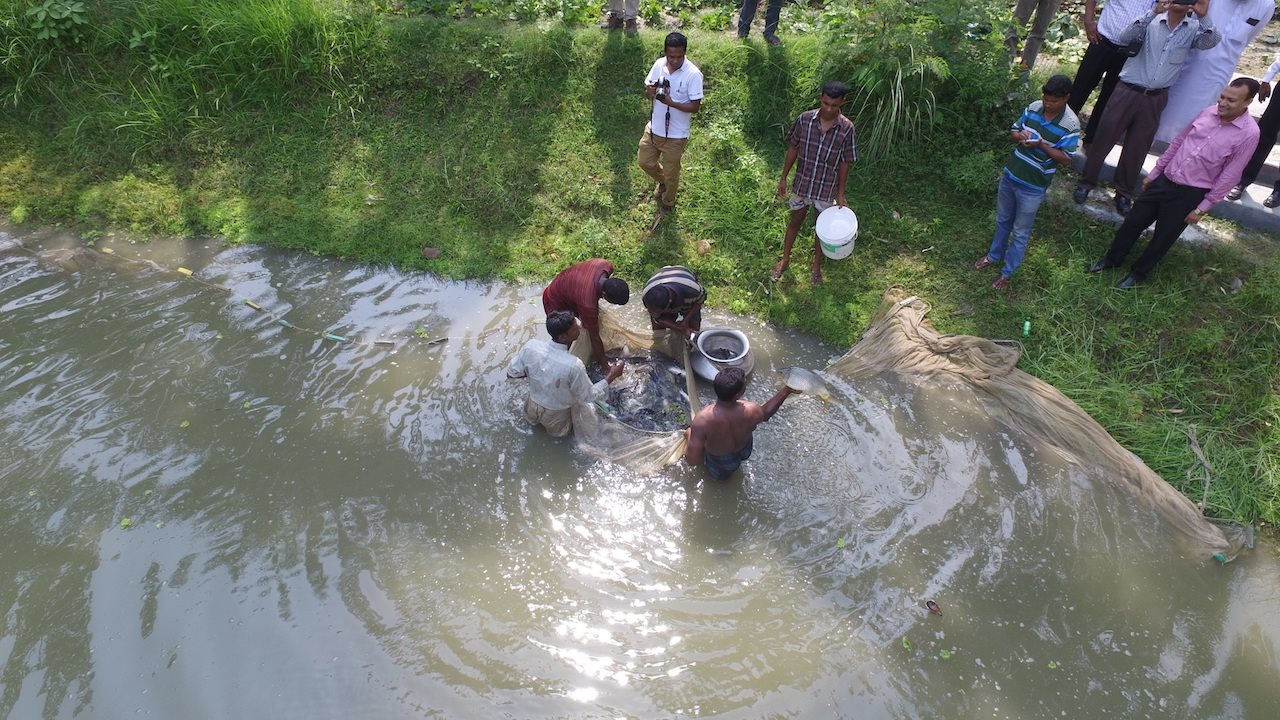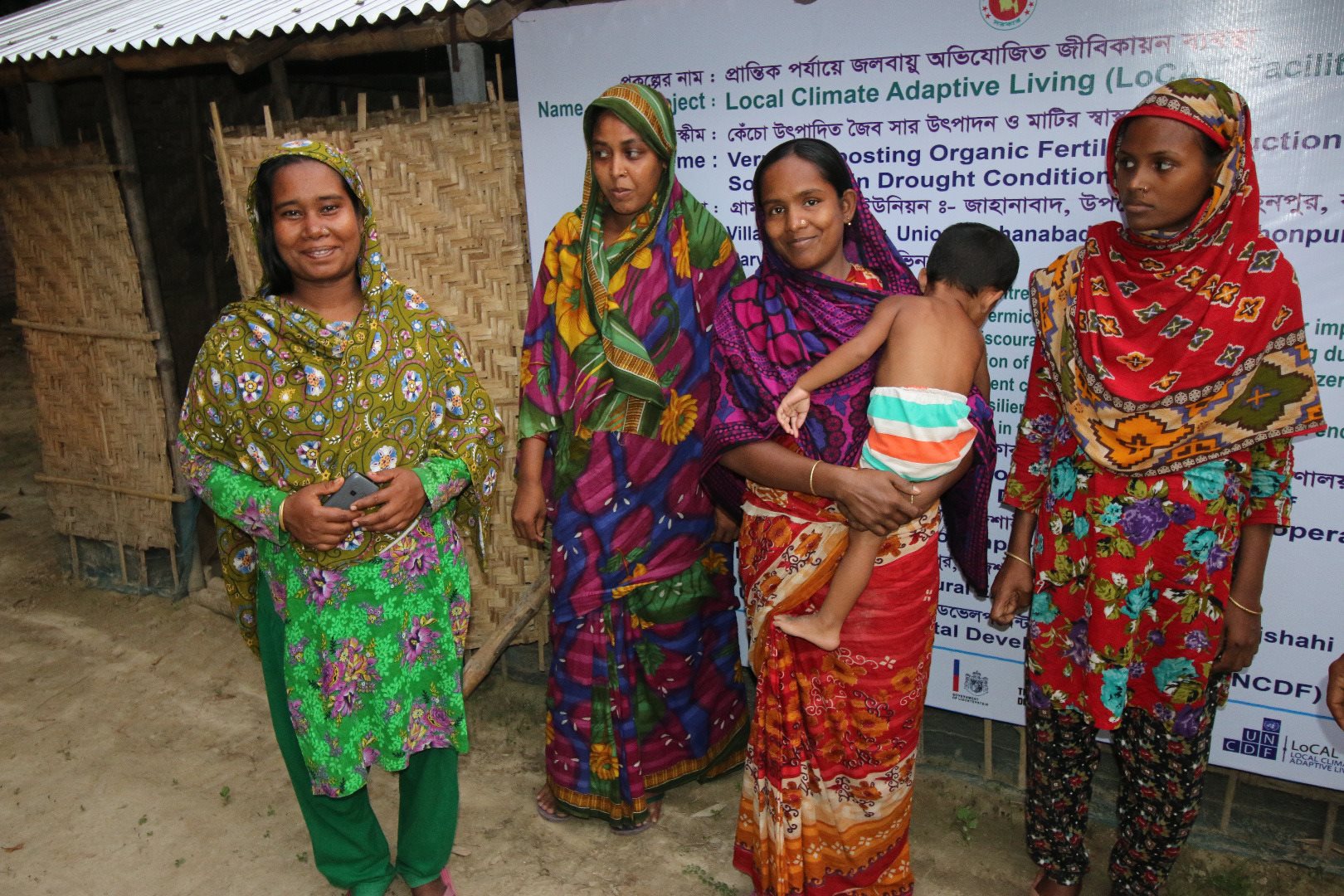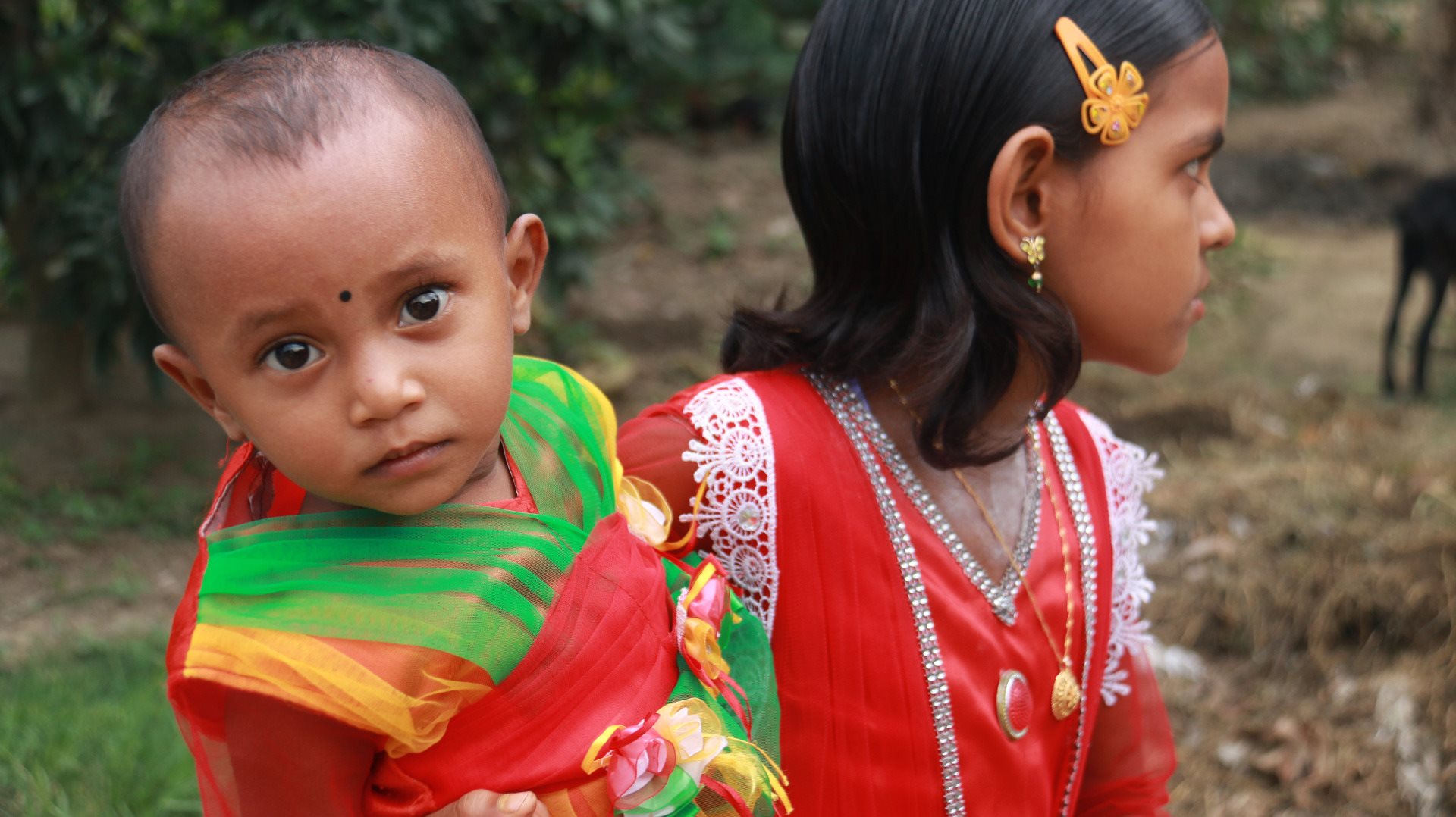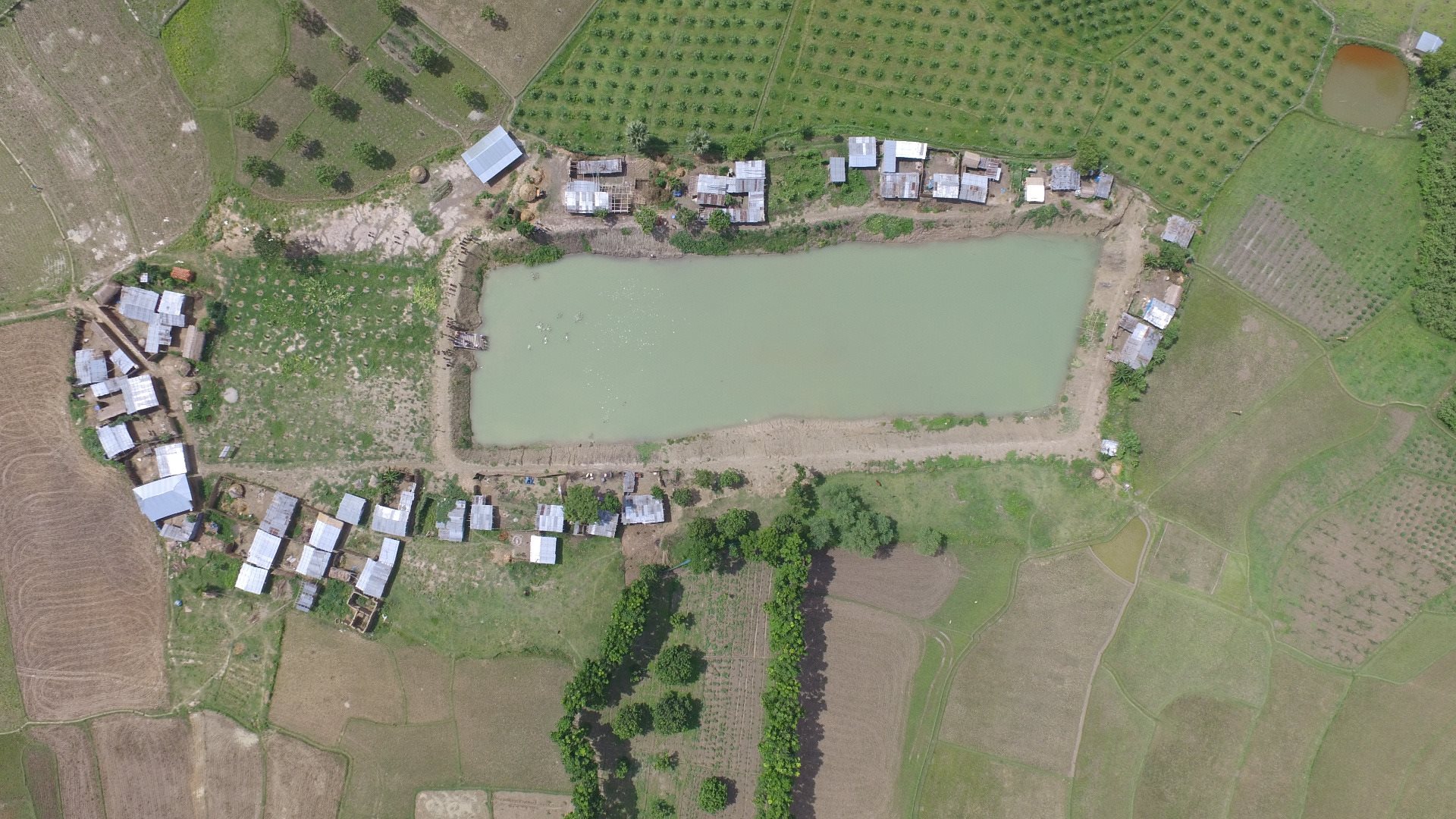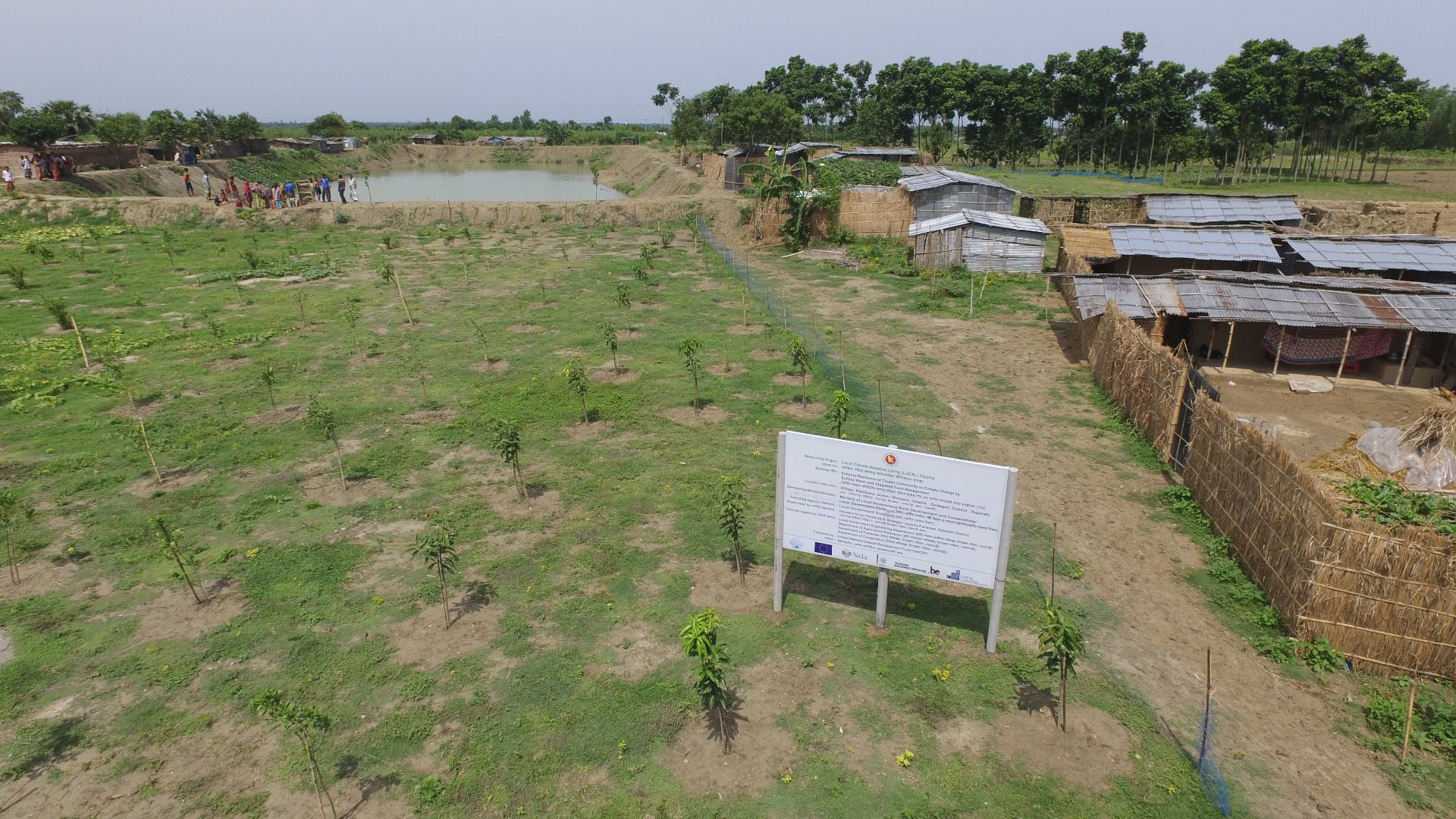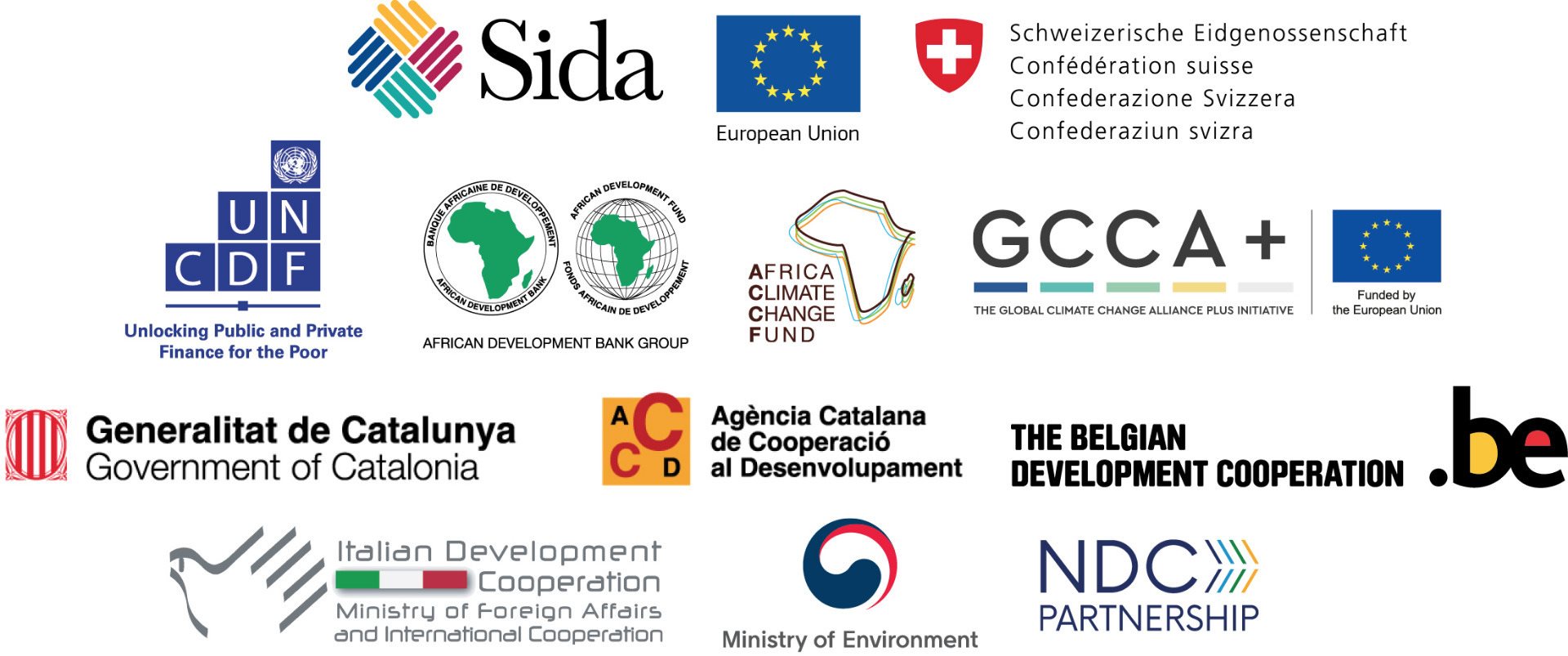National Response
The Government of Bangladesh identified a number of key areas for action to address climate change in their 2015 intended nationally determined contributions (iNDCs) submitted to the UN Framework Convention on Climate Change. These included:
• food security
• livelihood and health protection
• comprehensive disaster management
• coastal zone management, including salinity intrusion control
• flood control and erosion protection
• and building climate-resilient infrastructure
The above priorities are guided by the Government of Bangladesh 2009 climate change strategy.
Local governments in Bangladesh are mandated to perform several key functions related to disaster preparedness and management, making them important players in taking action on climate change. Local governments at the upazila (subdistrict) and union parishad (grassroots) levels receive fiscal transfers which are used to strengthen local infrastructure and deliver services. LoCAL works with these local governments to mainstream climate change resilience into their planning and investment systems and support localization of the iNDCs and national climate change adaptation goals.
